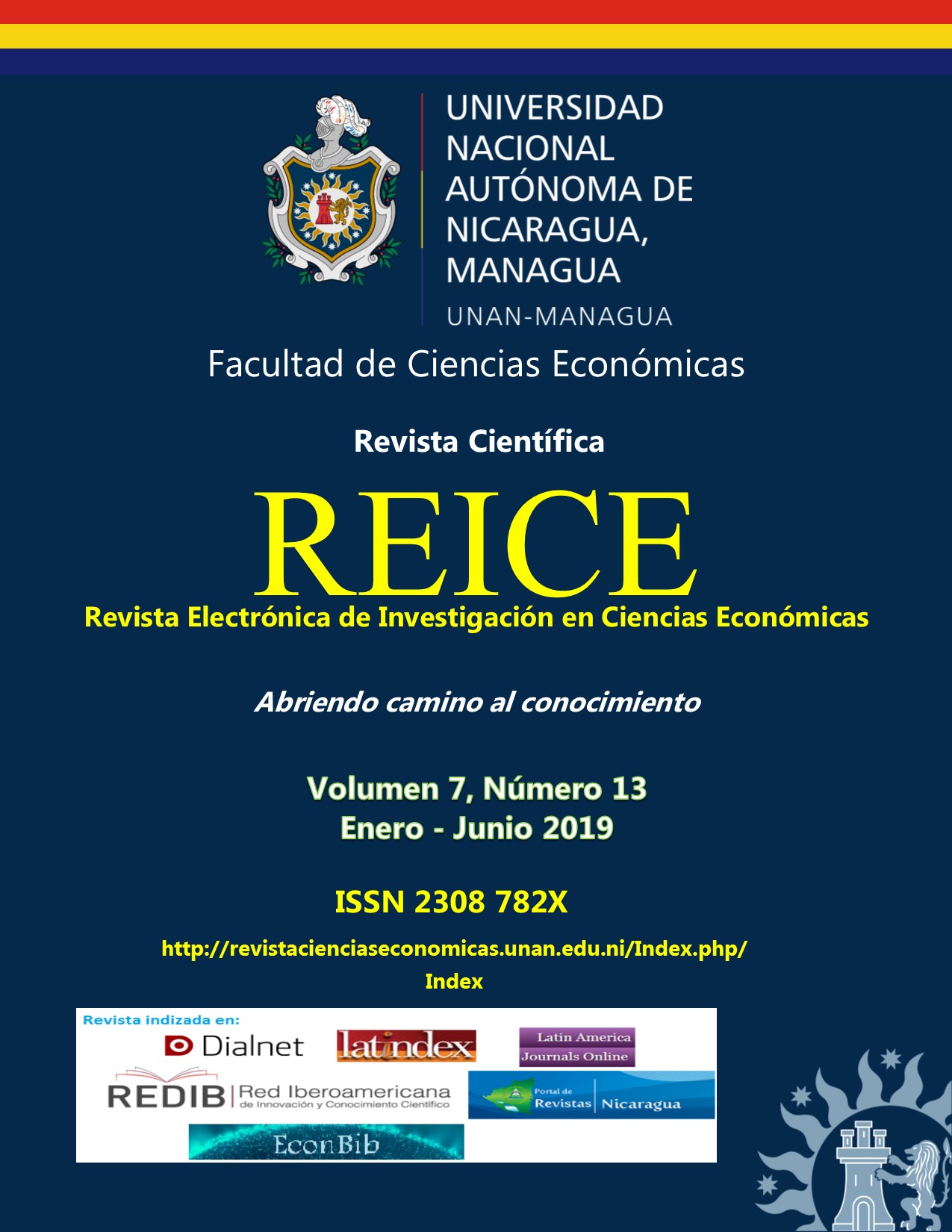Humans with talents in organizations
DOI:
https://doi.org/10.5377/reice.v7i13.8178Keywords:
Soft Skills, Human Talent, Human Behavior, Emotional Intelligence, PersonalityAbstract
The object of study of this article aims to identify the soft skills of human talent that make up the workforce of an organization of any kind. Some standard elements of behavior and personality of the individuals are identified, with competitive potential that is currently required to develop functions that do not omit the importance of the cognitive capacity and the studies carried out to perform suitable positions. In order to obtain these data, the descriptive research method was used, where information was collected through the direct interview technique with some of the members of the faculty of economics at UNAN-Managua. To conclude this intricate theme one could say that each human being is unique and their talents and abilities are developed in an innate manner, adapting them to the work environment to which they belong to achieve individual and collective objectives. This makes soft skills irreplaceable by artificial intelligence.
Downloads
References
Freud, S. (2018). Teoría de la personalidad en psicología. Obtenido de www.psicologia-online.com: https://www.psicologia-online.com/teorias-de-personalidad-en-psicologia-sigmund-freud-1104.html
gestioplolis. (enero de 2019). Obtenido de https://www.gestiopolis.com/metodos-y-tecnicas-de-investigación/
Goleman, D. (1995). Inteligencia Emocional .
Krauskopf, C. &. (1994). wipedia. Obtenido de psicología de la personalidad: https://es.wikipedia.org/wiki/Psicolog%C3%ADa_de_la_personalidad
macclean, P. (enero de 2019). cerebro humano. Obtenido de /site/cerebrohumanoycalculoracional/algunos-nombres/paul-maclean-cerebrotriuno
Tamayo. (1997). El proceso de investigación científica. En T. Mario, El proceso de investigación científica. Mexico: Editorial Limusa S.A. Obtenido de Tamayo y Tamayo, Mario. El Proceso de la Investigación científica. Editorial Limusa S.A. México.1997
Universia.cr. (abril de 2019). universia net. Obtenido de http://noticias.universia.cr/educacion/noticia/2017/09/04/1155475/tipos-investigacion-descriptiva-exploratoria-explicativa.html

